Hong Kong’s chief executive Leung Chun-ying has a knack for angering his constituents. At a recent investment conference, he encouraged voters to “punish” the opposition democratic candidates—which have widespread popular support—at the ballot box, and ensure that they would have no further say in Hong Kong politics.
“For those of you who are registered voters, vote them out next year,” said Leung, at the annual Credit Suisse Asian Investment Conference, according to Reuters. “Go to the polling stations and vote them out.”
Leung also said that the Hong Kong government “has always maintained its preparedness,” in the case that last year’s Occupy protest “resurrects itself.” He added that the public “will not be sympathetic” to another round of street protests.
From end-September to mid-December, Hongkongers seized three roads for nearly three months to protest a highly restrictive election proposal by Beijing which Leung, of course, is backing. It was the city’s largest protest to date.
China’s Aug. 31 package, while allowing Hong Kong’s five million eligible voters to actually vote, only allows them to pick two or three candidates screened by a pro-Beijing committee.
‘Unbecoming a Chief Executive’
The pro-democracy camp was not amused by Leung’s latest remarks.
Pro-democracy legislator Emily Lau said “it is unbecoming of a chief executive” to make “provocative” comments that divide society, according to local broadcaster Radio Television Hong Kong.
“C.Y. may persuade people to register as voters or express his disagreement with certain councilors, but may not ask people to vote someone out,” wrote Alfred Chan, vice-convener of the Progressive Teachers’ Alliance, to Epoch Times in a note. “He’s just announced to the whole world he’s a dictator that can only be loved and agreed with.”
Others point out that while Leung lacks a popular mandate—a 1,200-strong pro-Beijing committee picked Leung three years ago by only the slimmest of margins—and is thus unqualified to lecture the public on their voting habits.
“C.Y. only got 689 votes,” said Alan Leong, leader of Hong Kong’s Civic Party, on the sidelines of a legislative meeting, according to Chinese language newspaper Ming Pao. “What right does he have to ask citizens to oust lawmakers who received the support of tens of thousands of voters?”
Because pan-democrats, the name for the broad group of politicians that support more autonomy from China, have consistently secured 55 to 65 percent of the popular vote in past elections, Leung’s remarks are “very foolhardy,” said Ching Cheong, a news veteran and columnist, in a telephone interview with Epoch Times.
He risks antagonizing “a very substantial part of the population of Hong Kong,” Ching added. “Making enemies of the people is characteristic of C.Y. Leung.”
‘Petty Attacks’
At the height of the Occupy protests, the chief executive told Western media that democracy won’t work in Hong Kong because the poor, those earning less than $1,800 a month, will sway elections. Under present arrangements, powerful business interests dominate proceedings.
Another of his recent provocations was to censure a student-run publication for running articles about Hong Kong independence. He is also suspected of blocking Johannes Chan, a professor sympathetic to the Occupy movement, from taking up a senior position at the University of Hong Kong.
“Instead of making petty attacks, what a responsible government and leader should be doing is to find a way to create harmony and consensus, not more division,” wrote Wilson Leung, a barrister and convener of the Progressive Lawyers Group, in a message to a reporter. “C.Y.’s remarks exemplifies the problem with this government and with him.”
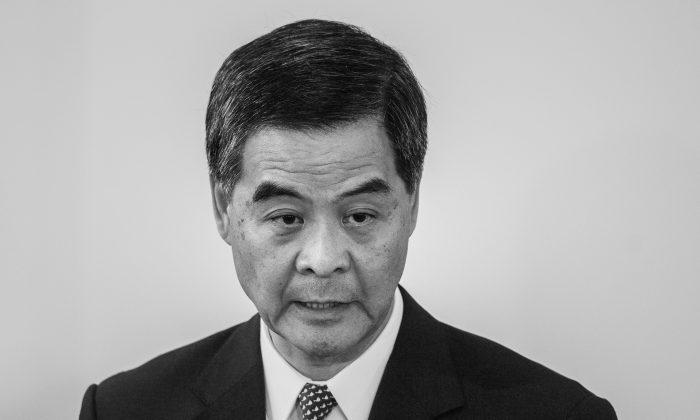
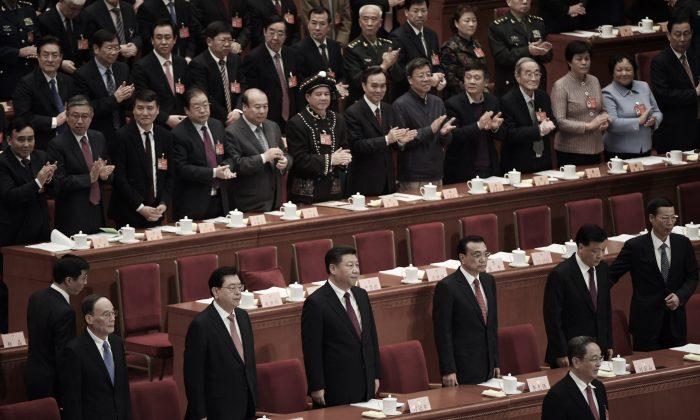
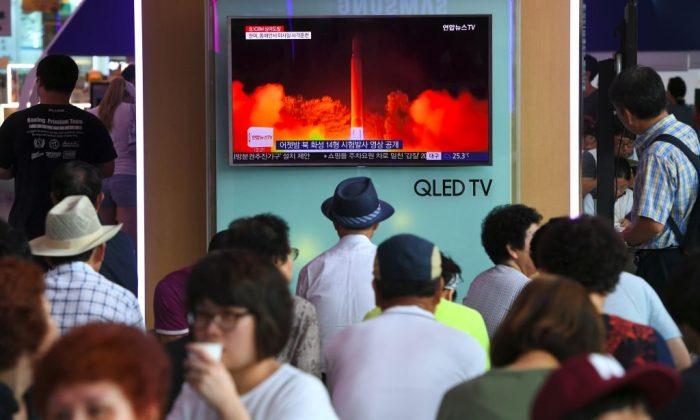
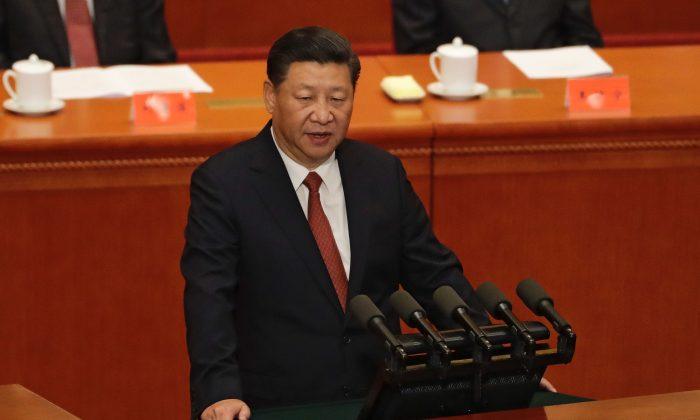
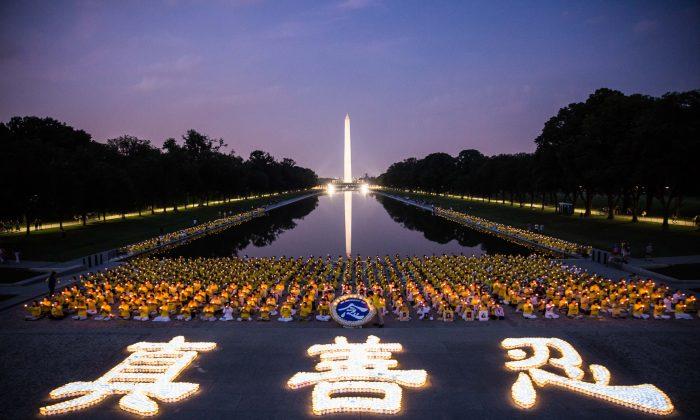
Friends Read Free